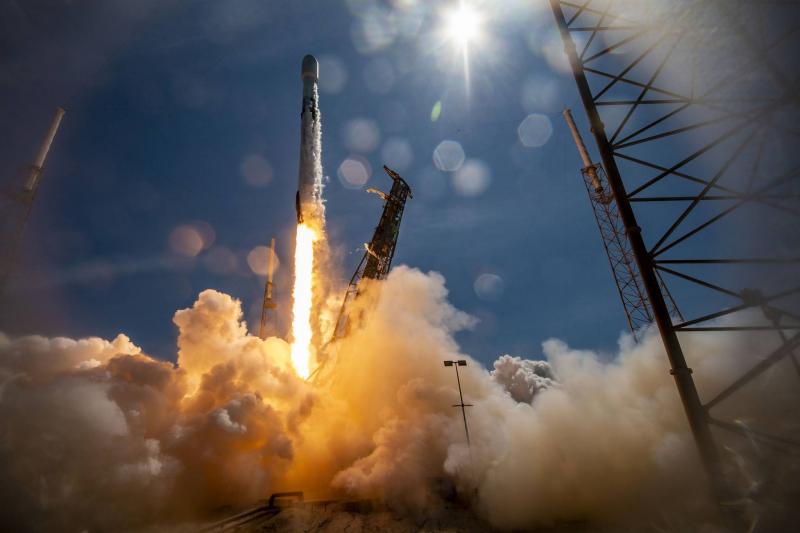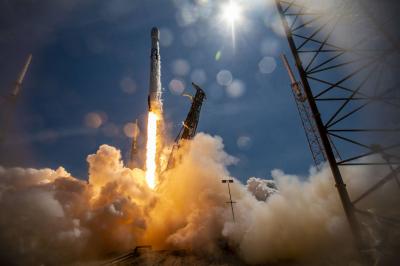An orbital telescope belonging to the European Space Agency was launched into space from Florida, USA, today, Saturday, on a mission to shed light on two mysterious cosmic phenomena known as "dark energy" and "dark matter," which are invisible forces that scientists say make up 95 percent of the known universe.
The telescope, named "Euclid," after the famous Greek mathematician known as the father of geometry, was launched inside the payload fairing of a SpaceX Falcon 9 rocket at around 15:00 GMT from Cape Canaveral. NASA's television broadcasted the launch live.
The mission, which costs $1.4 billion and is expected to last at least six years, aims to provide more insights into astrophysics and may lead to a shift in understanding the nature of gravity itself. Euclid will separate from the rocket shortly after its launch and will embark on a month-long journey to its destination in a solar orbit approximately 1.6 million kilometers from Earth, a location where the gravitational forces between the Earth and the Sun are stable.
From there, Euclid will explore what astrophysicists refer to as the "dark universe," using a wide-angle telescope to survey galaxies up to ten billion light-years away across a vast area of the sky. The mission focuses on two key elements of the dark universe: the first is dark matter, which is theorized to be an unseen cosmic substance that shapes and structures the universe. The second is dark energy, a mysterious force believed to explain the accelerating expansion of the universe, a discovery made by scientists in the 1990s.




